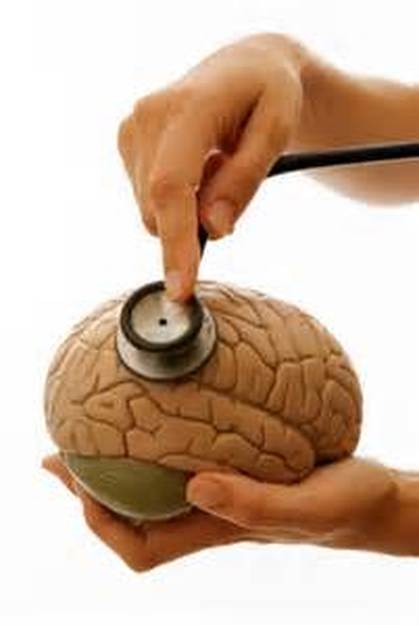

Feeling as though time is speeding up or slowing down.Feeling as if objects are the wrong size or color.Feeling detached from ordinary sensations, such as touch, thirst, hunger, and libidoĭerealization is a sense of distance from activities going on in the world or feeling that one's surroundings are distorted or somewhat unrecognizable.Feeling emotionally numb, or as if the person is not controlling his or her words and actions.The primary symptom is an unpleasant sense of experiencing one's own behavior, thoughts, and feelings from a dreamlike distance. The symptoms of Depersonalization/Derealization disorder are completely invisible, involving alterations only in subjective experience. 8 to 2.8 percent of the population in the United States and elsewhere has had the disorder at some point in the course of their life. Episodes of depersonalization/derealization (DP/DR) also occur in many psychiatric conditions, notably panic disorder and social anxiety disorder, and may also occur as side effects of recreational drugs such as cannabis.ĭepersonalization/derealization disorder is usually diagnosed only if such feelings of detachment frequently recur or are chronic, cause anguish, and interfere with an individual's quality of life. A majority of adults have experienced at least one such episode, and such episodes are considered a normal response to overwhelming threat.

It is often felt as a sense of unreality or detachment from one’s body.įeelings of dissociation can be triggered by intense stress or by experiencing or witnessing disturbing events, and under such circumstances, they can be normal, especially when they are transient. Depersonalization/derealization disorder is an altered state of self-awareness and identity that results in a feeling of dissociation, or disconnection, from oneself, one’s surroundings, or both.


 0 kommentar(er)
0 kommentar(er)
